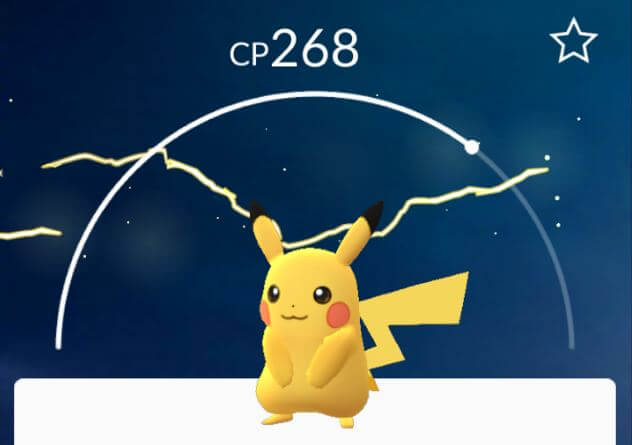
Influencing Change with Pokemon GO
Pokemon GO has taken the world by storm. Everywhere you look there are people moving from one ‘Poke Stop’ to another, eyes glued to their phones as they capture, evolve, and train their little critters to ‘take the gym’. A lot of jargon there, right? You got it though, right? Oh yes, I see you!
A craze like this can be very polarizing. You either love it, and join the enthusiasts, or you hate it and throw rocks. Remember “Gangnam Style” and “Friday”? It doesn’t have to be that way. There is another option. And for anyone seeking to influence change in their personal or professional lives (hint: basically all of us), I recommend that you get very curious about the success of Pokemon GO.
What we can learn from Pokemon GO
For anyone looking at influencing change, Pokemon GO is a case study in the ability to achieve massive acceptance of an idea. There are many lessons, but two really stand out for me:
- Resistance to change is emotional, not logical, and
- Effective change requires powerful champions
I assume if you’ve read this far you’re keen to learn more. If you’re a hater, you’ve agreed to stop your “Pokemon NO” talk for a second (and possibly notice your resistance was making no difference at all, but that’s a whole other conversation!). So how do we leverage these lessons in our regular lives?
Resistance to change is emotional, not logical
All change, no matter the impacts, can inspire emotional, irrational responses. If we seek to influence change, we need to know that, and be prepared to address it.
Resistance in a professional environment where change uptake is critical to ROI is one thing. But a new game that you don’t have to play? Isn’t it amazing how even the optional still evokes such a strong emotional response! As many change professionals have experienced, most resistance is emotional, not logical. But it doesn’t make it any less real. All fears, whether real or imagined, can be mitigated by addressing the emotions behind the fear. Regardless of the veracity of the fear, any approach that dismisses powerful emotions is both disrespectful and ineffective.
Effective change requires powerful champions
In any change, you cannot influence everyone directly, and why try? Identify your early adopters and innovators and use them to influence the remainder.
Simon Sinek, in his book Start with Why talks about the importance on focusing first on the innovators and early adopters, to leverage their enthusiasm to move the majority. Pokemon GO is currently doing just that. The target market was the 25-35 age group – the people they knew would be the most familiar with Pokemon. It is this group of people who have been powerful change champions of the craze. Think about it – how did you first hear about Pokemon GO? It was most likely via someone who was already playing it rather than an advertising campaign. This strategy has been so effective that the game has so far had in excess of 75 million downloads… in less than one month!
To bring these lessons to influencing change, you need only ask yourself two simple questions; Who are the resistors (and how do I allay their fears)?, and “Who are the early adopters and innovators (and how do I harness their enthusiasm)?
I challenge any of you who are tempted to hate on a new craze to stop and really think about what this trend could be teaching you. How can you use what they are doing in your work to influence change?
Want to learn more about influencing change? The Agile Project Manager, authored by Emma Sharrock, is your one stop resource centre for all things Agile Project Management. You can buy your copy here. Emma is one of Australia’s leading authorities on how you can best apply Agile principles to your projects and your life.

